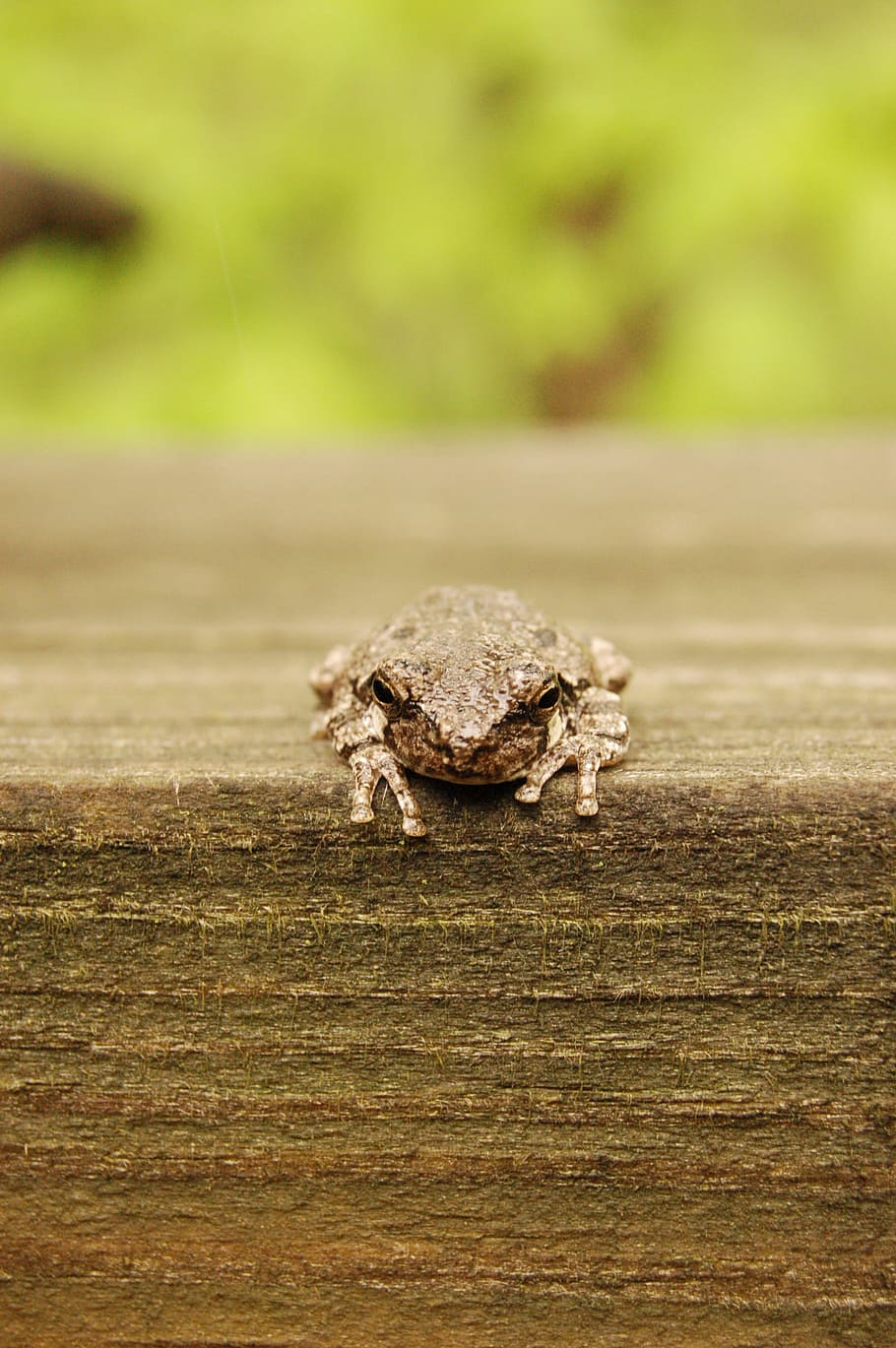Are You Axolotl Different Colours The suitable Means? These 5 Ideas Wi…
페이지 정보

작성자 Marcelino
조회 29회 작성일 24-01-26 18:17
조회 29회 작성일 24-01-26 18:17
본문
Bearded dragons (Pogona vitticeps) are popular reptile pets known for their omnivorous diet. While they primarily consume insects, fruits, and vegetables, it is important to understand the suitability of different food sources for their overall health. This article aims to investigate whether bearded dragons can safely consume hornworms (Manduca sexta) and analyze the potential benefits and risks associated with their consumption.
 Hornworms:
Hornworms:Hornworms, also known as tomato or tobacco hornworms, are the larvae of the hawkmoth. They are widely available as feeder insects due to their high nutritional value. Hornworms are rich in protein, calcium, and vitamins, making them a potentially beneficial addition to a bearded dragon's diet. However, it is crucial to assess the suitability of hornworms as a regular food source for these reptiles.
Nutritional Composition:
Hornworms are an excellent source of protein, containing approximately 9.7 grams per 100 grams of larvae. Protein is essential for muscle growth, tissue repair, and overall development in bearded dragons. Additionally, they are low in fat, making them a suitable option for maintaining a healthy weight. Hornworms also provide a good amount of calcium, which is crucial for bone health and preventing metabolic bone diseases in reptiles.
Potential Benefits:
Including hornworms in a bearded dragon's diet can offer several advantages. The high protein content helps promote muscle development and supports the reptile's overall growth. Calcium-rich hornworms can contribute to maintaining healthy bones and preventing metabolic bone diseases like metabolic bone disease (MBD). When you have virtually any inquiries regarding where by and the way to employ garter snake in pa, you'll be able to contact us on our own web site. Moreover, the low-fat content of hornworms makes them a favorable choice for bearded dragons that require weight management.
Considerations and Risks:
While hornworms possess numerous nutritional benefits, their consumption should be moderated due to certain risks. One concern is the high phosphorus-to-calcium ratio in hornworms, which can lead to calcium deficiency if they become a staple food source. Therefore, it is crucial to provide a balanced diet that includes other calcium-rich foods such as leafy greens and calcium supplements.
Another consideration is the size of the hornworms. Bearded dragons should consume appropriately sized prey to avoid choking or digestive issues. It is recommended to feed hornworms that are smaller than the width of the bearded dragon's head. Additionally, hornworms should be gut-loaded before feeding to ensure they have a nutritious gut content for the reptile.
Conclusion:
In conclusion, hornworms can be a beneficial addition to a bearded dragon's diet when fed in moderation. Their high protein content, low fat levels, and calcium-rich composition make them a valuable source of nutrition. However, it is crucial to balance their intake with other calcium-rich foods and monitor the size of the hornworms to avoid potential risks. By providing a varied and well-balanced diet, bearded dragon owners can ensure the optimal health and well-being of their beloved pets.
- 이전글achetez prednisolone durant la nuit fedex 24.01.26
- 다음글The Most Pervasive Issues With Fridge Larder 24.01.26

